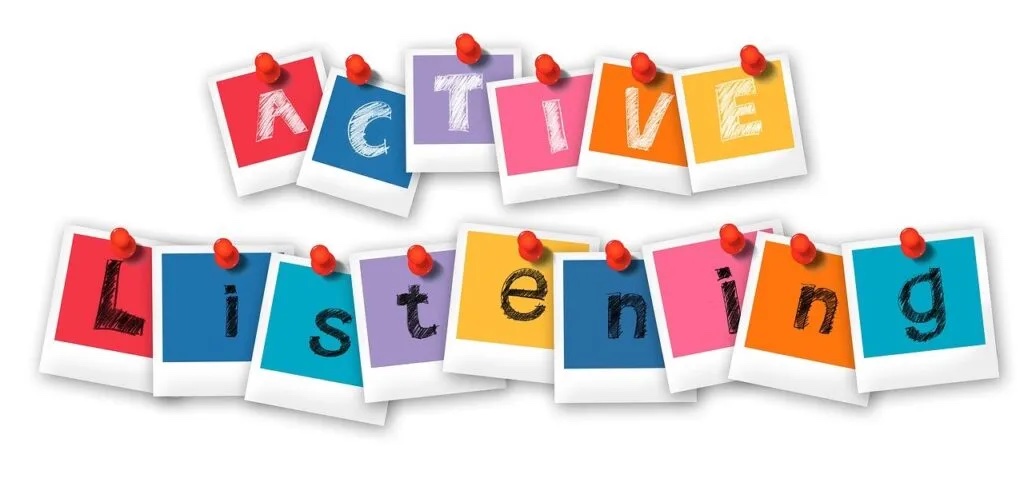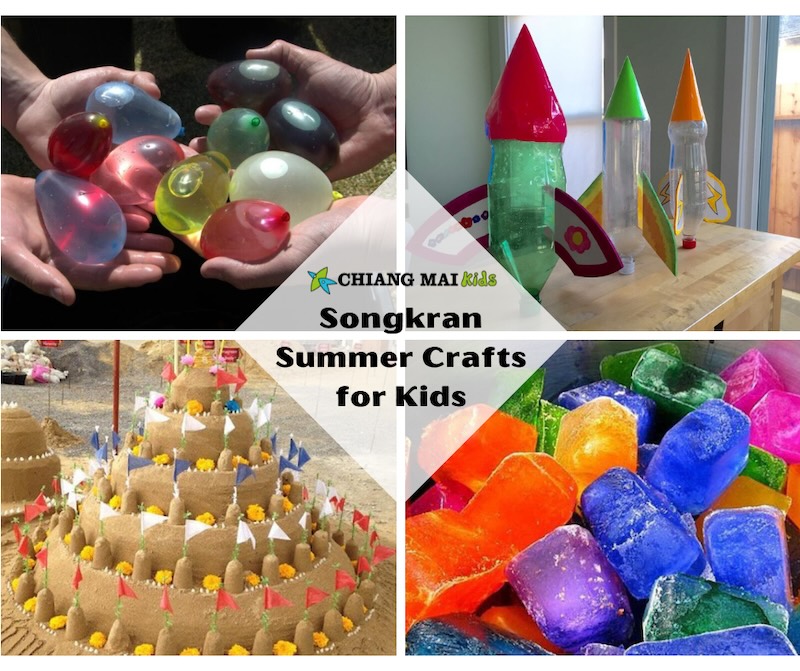Cultivating a positive relationship with yourself is the building block for your own world. When you can nurture yourself and value what you can bring, you have high self-esteem and feel good about what you have to offer. When children are young, their self-esteem is formed early by their parents. They need their parents to mirror their feelings, to give them empathy, and be a stable person so that they can idealize them. (Kohut, The Analytical Cure)
If you had something severe in your childhood where you did not get your needs met from your parents, it can be challenging and you can have deficits that can get manifested in your relationships. For example, if a child experiences that a parent was not strong and present, he/she can learn that it is not safe to trust and finds it hard to need others. Learning to have a good relationship with yourself is a long term journey and starts in the formative years of being able to trust those around you and feeling safe to express your emotions. A lack of self-esteem can raise its ugly head during teenage years when how you look and are perceived by others is such an important thing. A child who sees a confident role model will try to emulate that behavior in her/himself, be mindful of your words and actions as your kids are always watching. The cliche term, “do as I say, not as I do” just doesn’t work with kids anymore and you can’t expect your child to have a high self esteem if they have spent years hearing from those around them, they aren’t trying hard enough or they need to do it as well as their brother or their friends.
Comparison is the killer of self-esteem.

Kids need to feel supported and connected but still feel independent. Healthy relationships with others involve good communication and maintaining boundaries.
What is Healthy Communication?
Speaking up for your needs – Saying what is vulnerable. It is hard work to communicate and speak up for yourself. When you can communicate what is on your mind, you relax and feel at ease because you are not holding in your feelings. Be mindful of speaking out during stressful moments and taking your frustrations out on your kids, they look at you to model healthy behavior and show them how to emotionally regulate.
If you want your kids to communicate with you and learn the art of how to communicate with others, listen to them and validate their needs. Shouting never gets anywhere!
Respect – When you respect someone, you think of him/her in high regard. When you show respect, it is saying that you are interested in what someone has to say and that you want to know about how he/she thinks. Sometimes our children come to us at the most inconvenient times, it’s not always the right time to listen, you wouldn’t just dismiss a colleague or friend so be careful not to brush your kids away. Treat them with respect and they will learn to treat themselves with respect.
Compromise – In a good relationship, when there is a disagreement, you have to discuss and find another way so that both individuals can get their needs met. When you can figure out another solution, then it becomes a win-win situation. ‘My way or the Highway’ squashes independence, if you can model good communication skills it will reflect on how kids manage squabbles at schools or more serious issues when they become teenagers. Try to be mindful that 8pm might have been an appropriate bedtime when the kids were younger but as their bodies change and they hit puberty, maybe a later bedtime could be a good compromise.
Encouragement – Thinking about what is best for someone else and conveying it to them by your body language and what you say. Words of encouragement no matter how small are vital for a child’s self-esteem. They may not get an A on their paper or the highest math score in the class, but the Excellent effort is what really matters. Praise over the small things will encourage kids to do the big things.
Empathy – Putting yourself in someone else’s shoes and demonstrating that you understand his/her perspective. By being empathic, someone feels like you care and that you truly understand what he/she must be going through. It may seem trivial that your kid wasn’t invited to a birthday party but remember to them it feels like the end of their world. If they know they can come to you and you will comfort them and feel empathy towards even the smallest matter, you will keep the doors of communication open as they get older, when knowing where they are and how they feel is even more important.

What are Healthy Boundaries
Each person should be able to express what they are and are not comfortable with, when it comes to talking about their private feelings, sex life, family and friends, personal space, and time. Teens may not feel comfortable talking about new feelings they are experiencing, that doesn’t mean they don’t want to talk to you, it just means you need to respect their boundaries until they are ready to verbalise how they feel.
In a healthy relationship with boundaries, all family members:
· Allow each other to spend time with family and friends and do not impose “control” over the other.
· Do not abuse technology to check on a family member – parents beware our kids are 10 steps ahead of us anyway! In contrast to this statement, tracking your primary kids when they first get a little more independence is allowed surely, isn’t it? Stalking your teen to find out where they are is definitely not cool.
· Do not pressure others to do things that they don’t want to do, again compromise avoids so much family conflict.
· Do not accuse your kids of lying, listen to their explanation first, trust each other. If they feel constantly accused the chances are they may develop the attitude – well I may as well do it as I’m being accused already.

Interpersonal Communication Skills
What we say: This is an important way of getting our message across, but what we say is only one part of what is happening in the conversation. We communicate more information using non-verbal signals, gestures, facial expression, and body language.
Listening: When you can become an engaged listener, it makes people feel that you are present. Most people take listening for granted because they are listening to be able to respond and are interested in getting their point across. Active listening means that you are reflecting back what you heard and are engaged in the dialogue to understand his/her perspective.
Strategies
o Focus on the person speaking (put away the phone when you are talking to someone)
o Avoid interrupting someone while he/she is speaking.
o Set aside judgment and try to understand what someone is telling you.
o Ask questions and provide feedback.

Stress Management
When you are experiencing stress, you need to manage your stress so that you are not in “flight or fight” mode. Many conflicts occur because of high stress levels so it is important to be aware and if possible, speak at a later time when you are more calm. If you are already agitated, then it is going to be difficult to communicate and you are not going to be as responsive to what someone is saying. You are also more prone to being angry and defensive under stress. What stands out in people who can communicate well is that they are able to manage stressful situations and have effective ways of coping with their stress. It could be exercise, calling friends, yoga, writing, dance, or whatever you discover that works for you!

Self Love
Having a healthy relationship with others is important, but if you are not happy with yourself, then it will be impossible to find happiness with others. When you can find your passion and what brings you joy, this will enable you to be content and not keep looking outside for what you need. Healthy relationships bring out the best in us. They should not make you feel scared and controlled. If you notice that you have friendships, family members, or a spouse that is difficult and that you are not thriving because of what they say to you and how it makes you feel, it is important to re-think the relationship and talk about what is not working.
With social media, individuals are listening less than ever before and it is hard to find time to focus. We are either on our smart phones, social media, or email. Practice skills in a conversation by slowing down, reflecting back, asking questions, focusing, and you will see how it changes how you listen and how someone responds back to you. The more you can listen to yourself and be aware, you will figure out what brings joy to your life. It is important to find time to be less busy and more engaged with yourself and the ones you love.







